Driveway Restoration in Virginia Water: Transform Your Home's Entrance
Introduction
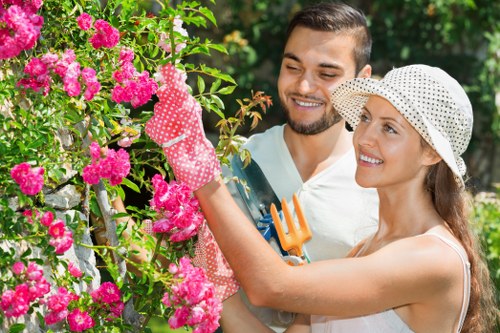
Your driveway is more than just a place to park your car; it’s the first impression visitors get of your home. Over time, wear and tear can take a toll, making restoration essential. In Virginia Water, homeowners understand the importance of maintaining their driveways to ensure safety, aesthetics, and property value.
Driveway restoration is a cost-effective way to revive your driveway without the need for complete replacement. Whether it’s cracks, potholes, or fading surfaces, addressing these issues promptly can save you time and money in the long run.
In this article, we will explore the various aspects of driveway restoration in Virginia Water, including common problems, restoration methods, material choices, and local service options. By the end, you’ll have a comprehensive understanding of how to achieve a beautiful and functional driveway that enhances your home’s curb appeal.
Importance of Driveway Restoration
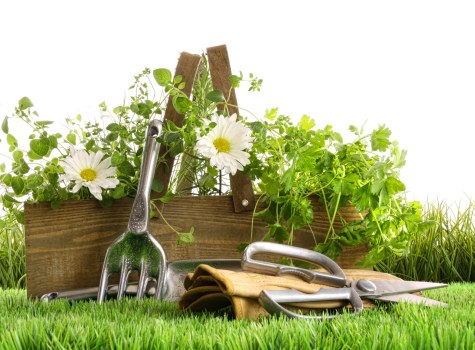
Maintaining your driveway is crucial for several reasons. Firstly, a well-maintained driveway ensures safety for you and your family by preventing accidents caused by uneven surfaces or hidden potholes. Secondly, it enhances the overall appearance of your home, making it more inviting to guests and potential buyers.
Additionally, driveway restoration can increase your property’s value. A pristine driveway signifies that the homeowner takes care of the property, which is appealing to potential buyers. It also avoids the more significant expenses associated with driveway replacement, which requires removing the old surface and installing a new one.
Furthermore, restoring your driveway can be an environmentally friendly choice. Instead of disposing of old materials, restoration techniques often reuse existing resources, reducing the environmental impact.
Common Issues with Driveways
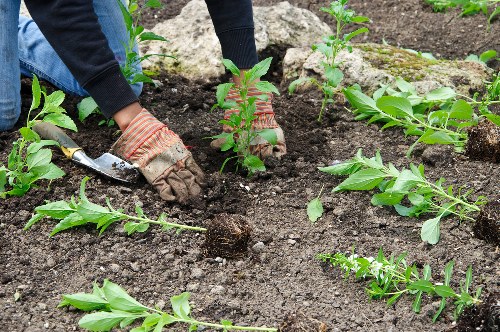
Cracks and Potholes
One of the most common problems faced by driveway owners is cracks and potholes. These can develop due to various factors, including harsh weather conditions, heavy traffic, and poor drainage. If left untreated, cracks can widen, leading to deeper potholes that compromise the driveway's integrity.
Fading and Discoloration
Exposure to sunlight and environmental elements can cause your driveway to fade and lose its original color. This not only affects the aesthetics but can also indicate underlying issues such as surface wear or material degradation.
Weeds and Vegetation
Weeds growing through cracks and joints can damage your driveway over time. The roots of these plants can expand cracks further, making restoration more challenging and costly.
Methods of Driveway Restoration
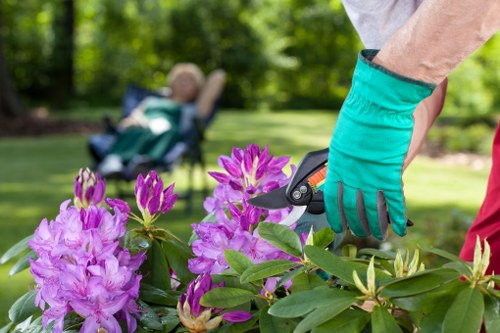
There are several methods available for restoring your driveway, each suited to different types of damage and driveway materials.
Resurfacing
Resurfacing involves applying a new layer of material over the existing driveway. This method is ideal for driveways with minor cracks and surface wear, providing a fresh appearance without the need for complete replacement.
Crack Filling
For driveways with cracks, filling them with appropriate materials can prevent further deterioration. This simple yet effective method stops water from seeping into the base, which can cause more extensive damage.
Patch Repair
Patch repair is used for fixing potholes and larger damage areas. By removing the damaged section and replacing it with new material, you can restore the driveway's functionality and appearance.
Choosing the Right Materials
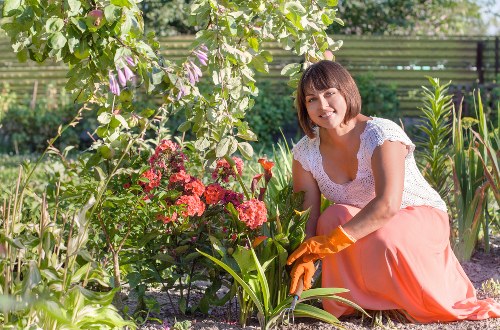
Selecting the appropriate materials for driveway restoration is crucial for durability and aesthetics. The choice largely depends on the existing driveway type and the desired outcome.
Asphalt
Asphalt is a popular choice for driveways due to its affordability and flexibility. It’s easy to repair and maintain, making it suitable for regions with varying weather conditions like Virginia Water.
Concrete
Concrete offers a more permanent solution with its strength and longevity. It can withstand heavy loads and is available in various finishes, enhancing the driveway's visual appeal.
Gravel
Gravel driveways are cost-effective and provide excellent drainage. They require less maintenance but may need periodic replenishment to maintain their appearance.
Hiring Professional Services

While DIY restoration is possible for minor repairs, hiring professionals ensures a high-quality and long-lasting result. Experienced contractors in Virginia Water have the expertise and equipment to handle various driveway restoration projects efficiently.
What to Look For
- Experience and expertise in driveway restoration
- Positive customer reviews and testimonials
- Transparent pricing and detailed quotes
- Comprehensive warranty and post-service support
Benefits of Professional Services
Professional restoration not only guarantees quality but also saves you time and effort. Experts can quickly identify and address underlying issues, ensuring that the restoration process is thorough and effective.
Costs Involved

The cost of driveway restoration in Virginia Water varies based on factors such as the size of the driveway, the extent of the damage, and the materials used. On average, homeowners can expect to spend between $1,500 and $5,000 for comprehensive restoration.
Cost Factors
- Driveway size and length
- Type of materials chosen
- Labor costs
- Extent of damage and repairs needed
- Additional features like sealing or staining
Budgeting Tips
To manage costs effectively, get multiple quotes from reputable contractors, prioritize essential repairs, and consider long-term benefits over initial expenses. Investing in quality restoration can save money on future repairs and increase property value.
Maintaining Your Restored Driveway

Post-restoration maintenance is essential to prolong the life of your driveway. Regular upkeep ensures that minor issues are addressed before they escalate into significant problems.
Regular Cleaning
Keeping your driveway clean from debris, leaves, and stains prevents material degradation. Use appropriate cleaning methods based on your driveway type.
Sealing
Applying a sealant protects the driveway from moisture, UV rays, and chemicals like oil spills. Sealing should be done every few years to maintain the driveway’s integrity.
Prompt Repairs
Address cracks and potholes promptly to avoid further damage. Small repairs are easier and cheaper when handled early.
Benefits of Restored Driveway

Restoring your driveway brings numerous advantages, enhancing both the functionality and aesthetics of your property.
Aesthetic Appeal
A freshly restored driveway significantly improves your home’s curb appeal, making it more attractive to visitors and potential buyers.
Increased Property Value
A well-maintained driveway adds value to your property, making it a wise investment, especially if you plan to sell your home in the future.
Safety and Functionality
Restoration addresses structural issues, ensuring a smooth and safe surface for vehicles and pedestrians alike.
Local Relevance: Nearby Areas

Virginia Water is surrounded by several communities, each with unique characteristics that influence driveway restoration needs. Here are some of the closest areas:
- Windlesham: Just 2 miles away, Windlesham offers a mix of residential and commercial properties, requiring diverse restoration solutions.
- Boat of Garten: Located 3 miles from Virginia Water, this area often deals with drainage issues, making quality restoration essential.
- Bagshot: 4 miles away, Bagshot residents prefer eco-friendly restoration materials, aligning with sustainable living practices.
- Chertsey: Situated 5 miles north, Chertsey has older homes with traditional driveway styles needing specialized restoration techniques.
- Virginia Water Golf Club: Only 1 mile away, commercial properties here require high-quality, durable driveways to accommodate heavy traffic.
- Thorpe: 6 miles south, Thorpe’s suburban environment demands low-maintenance driveway solutions.
- Addlestone: 7 miles east, Addlestone homeowners seek cost-effective restoration options without compromising quality.
- Weybridge: 8 miles west, Weybridge’s upscale neighborhoods prefer premium materials and finishes for driveway restoration.
- Staines-upon-Thames: 9 miles northeast, this historical area requires restoration methods that preserve the aesthetic integrity of older driveways.
- Chobham: 10 miles southwest, Chobham’s rural setting often necessitates robust restoration solutions to withstand environmental factors.
FAQs
1. How long does driveway restoration take?
The duration depends on the extent of the damage and the restoration method used. Typically, it can take anywhere from a few days to a week.
2. Can I restore my driveway myself?
While minor repairs can be DIY projects, comprehensive restoration is best handled by professionals to ensure durability and quality.
3. How much does driveway restoration cost in Virginia Water?
Costs vary based on driveway size, materials, and the extent of repairs. On average, homeowners spend between $1,500 and $5,000.
4. What materials are best for driveway restoration?
The best materials depend on your existing driveway. Common choices include asphalt, concrete, and gravel, each offering different benefits.
5. How can I maintain my restored driveway?
Regular cleaning, sealing, and prompt repairs are essential for maintaining a restored driveway. Avoid heavy loads and use appropriate cleaning products.


